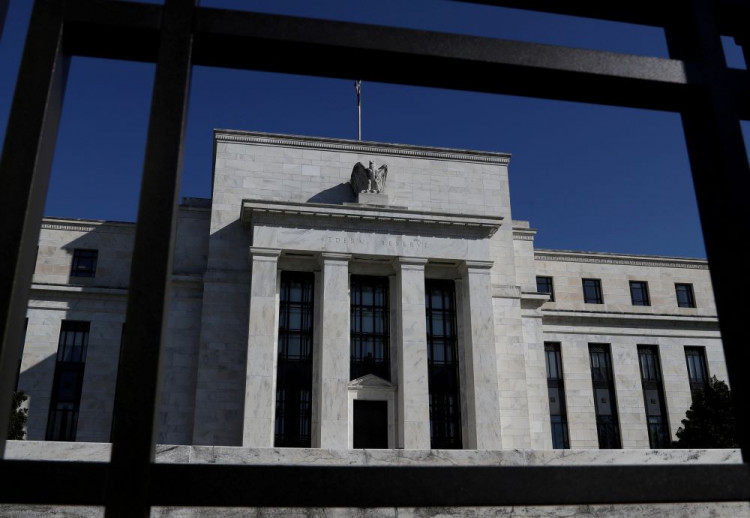The Federal Reserve announced on Friday its decision to withdraw from the Network of Central Banks and Supervisors for Greening the Financial System (NGFS), a global coalition aimed at addressing climate-related financial risks. The Fed cited the group's expanding scope as exceeding its statutory mandate, marking a significant pivot in the U.S. central bank's approach to climate risk under the changing political climate.
"While the Board has appreciated the engagement with the NGFS and its members, the work of the NGFS has increasingly broadened in scope, covering a wider range of issues that are outside of the Board's statutory mandate," the Fed said in a statement.
The decision comes just three days before President-elect Donald Trump, a vocal critic of government-led climate change policies, assumes office. Trump's impending inauguration has underscored a shift in political priorities, further exemplified by the recent exit of several major banks from a UN-backed net-zero alliance.
The NGFS, established in 2017, aims to assist central banks and financial supervisors in integrating climate risks into their monetary and regulatory frameworks. The Federal Reserve, which joined the NGFS in 2020 under Chair Jerome Powell, had been one of the last major central banks to align with the coalition.
Powell, however, has consistently maintained that the Fed's role in addressing climate change is limited. Direct action on climate change is beyond the scope of the Federal Reserve's responsibilities, Powell stated during a 2022 congressional hearing. "Our role on climate changes is a limited one, but it's an important one. And it is to ensure that the banking institutions that we regulate understand their risks and can manage them."
The Fed's departure reflects this constrained vision. Powell reiterated in a 2023 speech that the Fed would not act as a "climate change policymaker," emphasizing that its focus remains on its Congressional mandates: price stability and full employment. Crossing into issues unrelated to these mandates risks "undermining our independence", Powell warned.
The decision to exit the NGFS was not unanimous. Of the seven members on the Fed's Board of Governors, two Biden appointees, Michael Barr and Adriana Kugler, abstained. However, other Biden appointees, including Lisa Cook and Philip Jefferson, voted in favor of the withdrawal.
The move has drawn criticism from climate advocates who see it as a retreat from addressing a critical systemic risk. The Fed had previously taken preliminary steps to assess how climate change could impact the financial system, including releasing reports and conducting limited analyses. However, its engagement remained cautious, reflecting Powell's stance that broader climate action lies within the purview of lawmakers and private sector initiatives.
The NGFS has yet to respond to the Fed's withdrawal. The coalition, which includes central banks from over 80 countries, has focused on creating frameworks for assessing climate risks and incorporating them into financial stability policies.






